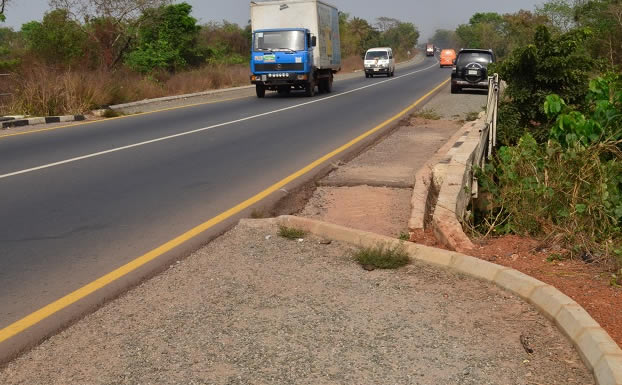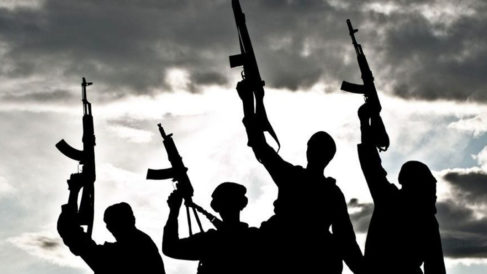FG Suspends Approval For Construction Of New Roads
The Federal Government has suspended approval for the construction of new road networks across the country. This was revealed by the Minister of Works, David Umahi on Sunday in…
Cholera: WHO Steps In As Outbreak Hits Kirikiri Prison In Lagos
The Lagos State has said it is receiving additional support from the World Health Organisation (WHO) as it now battles an outbreak of cholera at the Kirikiri prison. A…
Gunmen Reportedly Abduct 20 Travellers Along Ijebu-Ode/Sagamu Expressway
About twenty travellers have been reportedly abducted by gunmen on the Sagamu-Ijebu-Ode Expressway. The travellers were on Sunday ambushed around the Sagamu area command of the Nigeria Police Forces…
BREAKING: NAF helicopter crashes in Kaduna, pilot survives
A helicopter belonging to the Nigerian Air Force (NAF) has reportedly crashed on Monday morning in Tami village of Igabi Local Government Area of Kaduna State, Vanguard reports. Locals…
DAILIES TOP STORIES: New Minimum wage may push states into bankruptcy — NGF report
Monday 01 July 2024 Import duty: Bank plane grounded as FG clamps down on private jets Japa: Outrage as UK-based driver remains on FG payroll TCN repairs plunge Ondo,…





